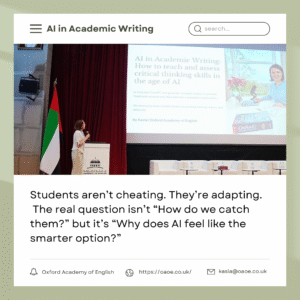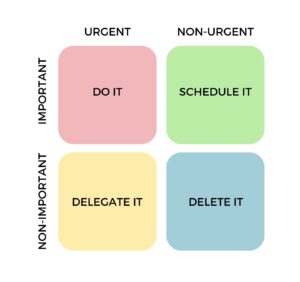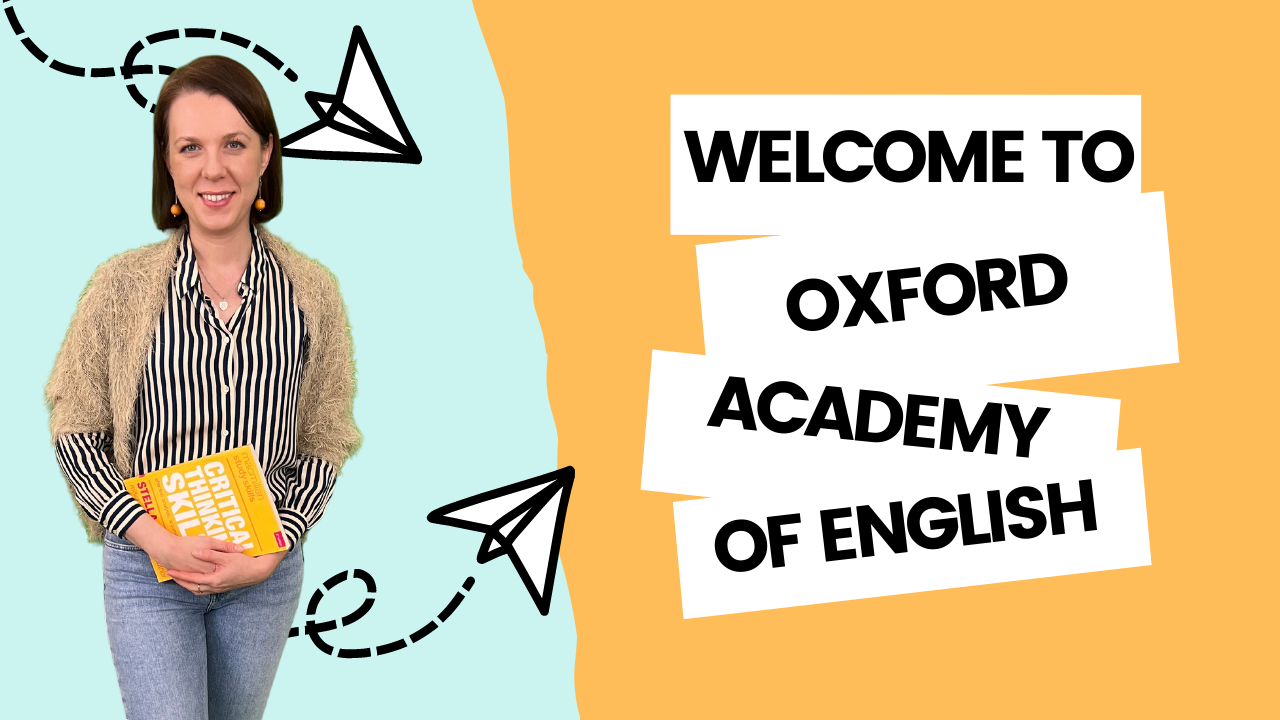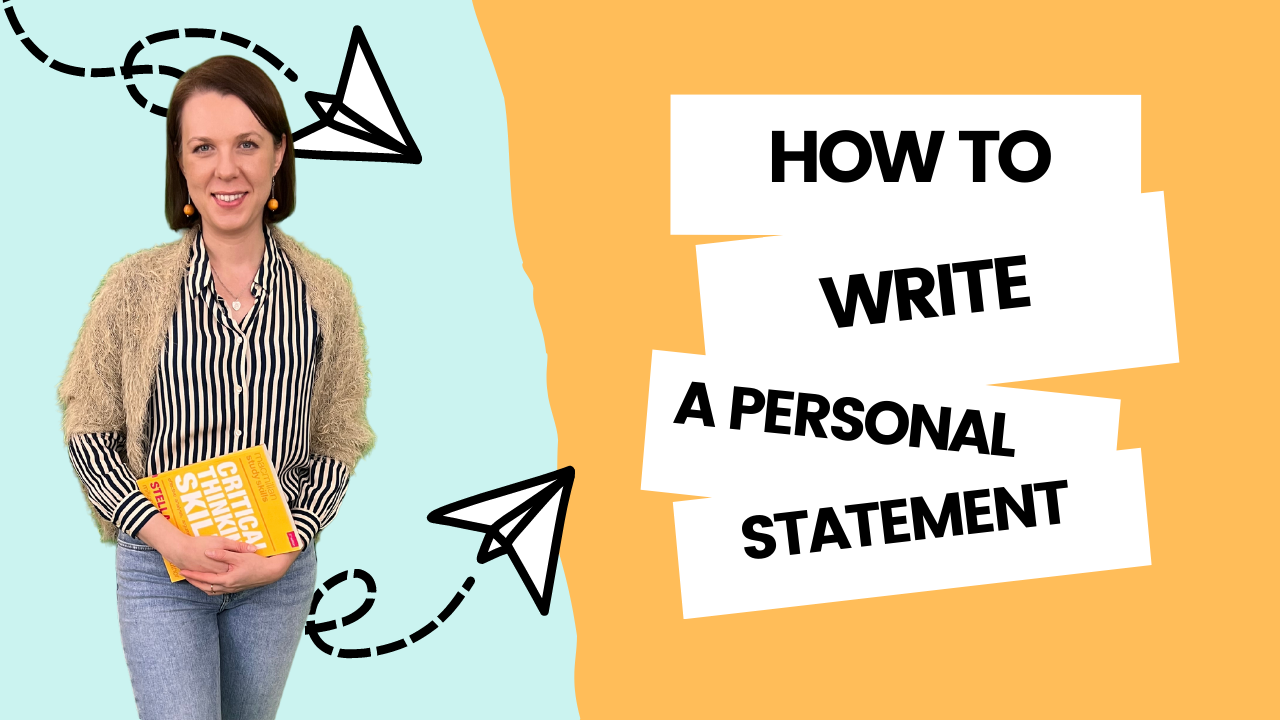Blog

🧠 ChatGPT or DeepSeek or Grok? Which One Wins? 🤖
When it comes to AI tools, we all want to know: which one is the best? But here’s the catch. “Best” depends entirely on what

Are your assessments AI-vulnerable or AI-resistant?
The Tools We Trust Are Letting Us Down We’re at a tipping point in education. AI is here, it’s powerful, and students are using it.

What My AI in Academic Writing Course Is — and, Most Importantly, What It Is Not
There’s been some confusion about what my AI in Academic Writing course actually does. Some assume it encourages shortcuts, undermines academic integrity, or allows students

How to find a research gap with AI?
Whether you’re starting your undergraduate thesis, a master’s dissertation, or a PhD proposal, the first step is often the hardest: finding a research gap. You’ve

Why I Stopped Using Google Scholar & Switched to SciSpace
For years, Google Scholar has been the go-to tool for students, researchers, and academics searching for scholarly papers. And while it’s still a valuable resource,

Become a boss of your own time
Being a student comes with a lot of benefits, but it also means challenges. Many international students embarking on their educational journey in the UK
Oxford Academy of English | AI in Research & Writing

0:51

3:21



Hi, my name is Kasia and I am the founder of Oxford Academy of English, which has been established to empower international students with academic reading and writing skills they need to successfully reach their full potential.
A personal statement is a perfect opportunity to say why you are suitable for the degree course of your choice, and why it is you that should be selected by admission tutors for an interview, and eventually, for the course. The admission tutor is often an academic, thus he / she will be looking for a valid reason why you are cut out for the course. Apart from showing off your skills and knowledge, you need to express excitement about the course you wish to study.
How to get started?
Before you even start writing, first you need to brainstorm all the information you can say about yourself. This can go back to your childhood, your school or family events – anything that will enable you to make your personal statement more interesting, but also trustworthy (you can give real-life examples of your skills or achievements). At this stage, do not limit yourself. When brainstorming, put on a piece of paper anything that comes to your mind. You will evaluate it later. So what can you jot down?
- What makes you unique and special
- Your hobbies and interests
- Your achievements, may it be taking part in a national poetry contest, or being selected a class representative
- Any details of work experience, including voluntary work
- Think why you are a good student and why you think you will excel at university
What to remember about?
While a personal statement is a representation of your character traits and interests, you cannot forget that it is read by academics, so you need to sound professional, too. Thus, remember to:
- Redraft your personal statement a couple of times before the final submission
- Make sure you are happy with your personal statement
- Ask you former teachers or lecturer for their insight on your performance
At the same time, you should forget about:
- Using any obscure or colloquial language – remember that you write to university
- Joking about past events – admission tutors might not share your sense of humour
- Saying anything that is not true – admission tutors will easily pick up on any inconsistencies in your documents
- Leaving writing your personal statement to the very last moment
- Using someone else’s personal statements or templates from the Internet.
What do admission tutors look for in a personal statement?
It is important to remember that a personal statement is a written form of communication and it follows a very specific pattern. It is also read by academics, who have seen thousands of personal statements in their lives, so it is extremely easy for them to tell the difference between a good and weak personal statement straight away. Remember to:
- Highlight study skills – both independent and teamwork (talk about self-organisation skills, including time management) – at university you will be working on your own, but also in groups, that’s why, you need to demonstrate that you can organise and manage your time, set priorities and communicate with other students
- Show that you understand what the course is about – how can you do it? It’s simple. Go the university website and check what subjects are taught on your degree. That’s how you will demonstrate your understanding of the course.
- Demonstrate academic skills (research skills plus numeracy and literacy skills) – at university you will be requested to do research, which requires finding the right sources, paraphrasing and synthesising them, and eventually arriving at you own original conclusion, and this is what admission tutors want to know you are capable of
- Write an essay, not a list – always give examples as a proof of what you can do – remember that your personal statement is not about bragging about yourself, but showing evidence of your skills and achievements – what you did, how you did it, and what you’ve learnt as a result
- Be enthusiastic – motivation and commitment are sought-after qualities. Nothing speaks louder that your motivation and commitment to your studies, so show it!
How to talk about my subject?
Even though you have the most interesting personality in the world, it will not grant you a place on the course if you cannot show your understanding of the subject. It vital to highlight your interest in the subject by showing your experience. How can you do it? For example, when applying for a course in medicine, you could say that when you were a child you were stressed with doctor’s appointments, but because the doctors were smiling to you a lot, you realised that non-verbal communication is particularly important in this profession.
How to give examples?
As I mentioned before, your personal statement is some sort of an essay, thus listing a number of skills you have is not enough. You need to be able to support your points with specific examples. For instance, you might want to say that in secondary school you were chosen a class leader. This information is incomplete because it does not say what you have learnt as a result of being a class representative. You need to say e.g. ‘While being a class representative, I have improved my negotiation skills. I would often address other students’ issues by talking about them with teachers.
